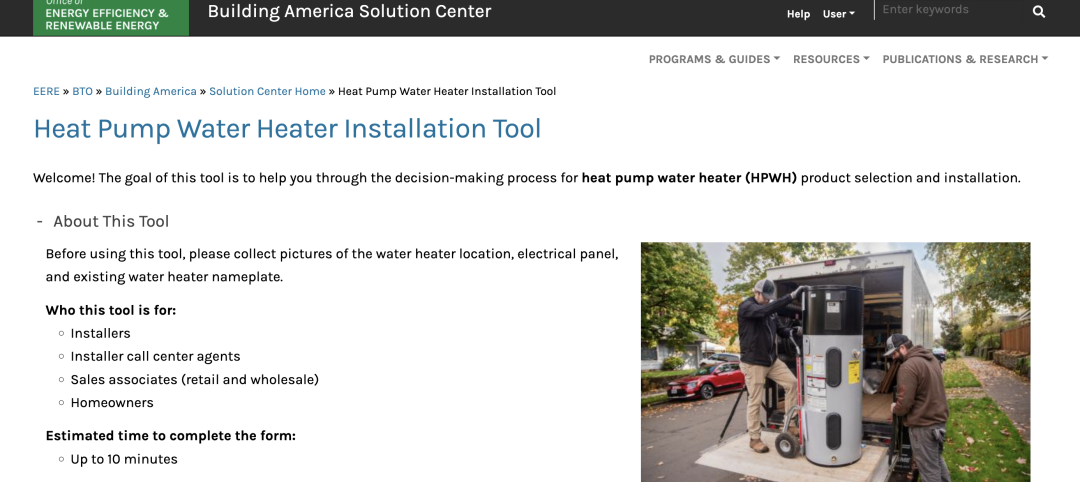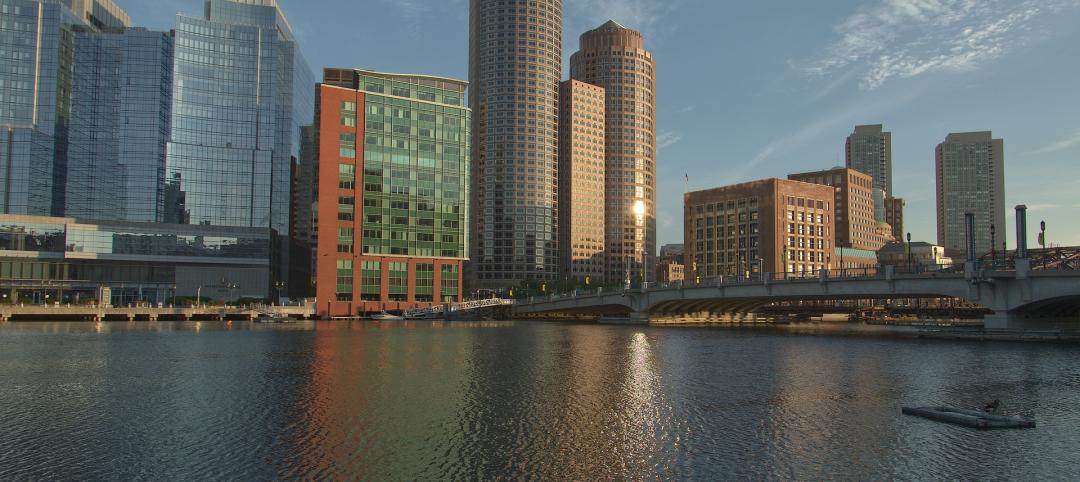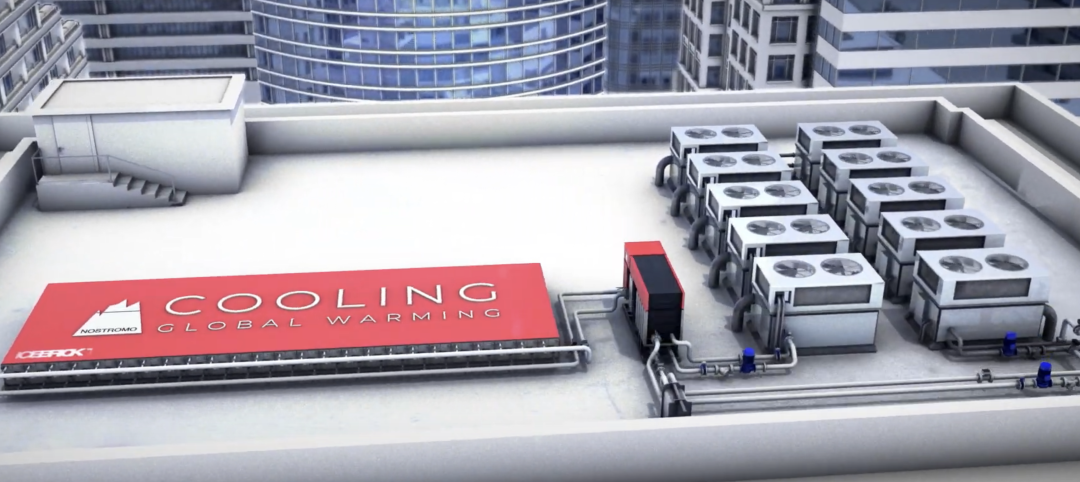Several articles with recommendations about what Houston can do to become more flood-resilient have emerged since Hurricane Harvey struck.
The keys, say experts, are better land use planning and more green infrastructure. Above all, the city should acknowledge that more floods are likely and plan accordingly.
Officials have encouraged development, even in low-lying areas, as an engine of economic growth. Instead, the city should consider more initiatives such as a planned buyout of two low-income apartment complexes so that the area can be repurposed as a flood basin that doubles as a park.
Harris County, which includes Houston, should limit new development in remaining wetlands and prairies to preserve water-absorbing acreage. New approaches to building design could also make a difference.
For example, a new hospital in Corpus Christi, a city which was also struck by Harvey, includes oversized roof drains, space for food and water storage for four days, emergency generators that can provide power for five days, and hurricane-resistant exterior materials. Green roofs and rain gardens, both cost-effective features, could also have a measurable impact if deployed at scale.
Related Stories
Products and Materials | Aug 8, 2024
EPA issues $160 million in grants for clean manufacturing of steel, other construction materials
The U.S. Environmental Protection Agency will provide 38 grant recipients with nearly $160 million to support efforts to report and reduce climate pollution from the manufacturing of construction materials and products.
Green | Aug 7, 2024
Major cities worldwide set building performance standards
Cities around the world are setting building performance standards (BPS) as a key measure to cut emissions and meet climate targets, according to a report from JLL.
Codes and Standards | Aug 6, 2024
New tool helps with selection, installation of heat pump water heaters
A new web-based tool by the Department of Energy offers comprehensive information about how to size, select, and install electric heat pump water heaters (HPWHs).
Regulations | Aug 4, 2024
Diversity rules largely ignored on Boston construction projects
Not a single construction project in Boston over the past four years has met all the rules intended to diversify the construction industry and increase the number of city residents working on construction sites, according to a report in the Boston Globe.
MFPRO+ News | Aug 1, 2024
Canada tries massive incentive program to spur new multifamily housing construction
Canada has taken the unprecedented step of offering billions in infrastructure funds to communities in return for eliminating single-family housing zoning.
MFPRO+ New Projects | Jul 31, 2024
Shipping containers converted into attractive, affordable multifamily housing in L.A.
In the Watts neighborhood in Los Angeles, a new affordable multifamily housing project using shipping containers resulted in 24 micro-units for formerly unhoused residents. The containers were acquired from a nearby port and converted into housing units at a factory.
Geothermal Technology | Jul 29, 2024
Rochester, Minn., plans extensive geothermal network
The city of Rochester, Minn., home of the famed Mayo Clinic, is going big on geothermal networks. The city is constructing Thermal Energy Networks (TENs) that consist of ambient pipe loops connecting multiple buildings and delivering thermal heating and cooling energy via water-source heat pumps.
Smart Buildings | Jul 25, 2024
A Swiss startup devises an intelligent photovoltaic façade that tracks and moves with the sun
Zurich Soft Robotics says Solskin can reduce building energy consumption by up to 80% while producing up to 40% more electricity than comparable façade systems.
Codes and Standards | Jul 25, 2024
GSA and DOE select technologies to evaluate for commercial building decarbonization
The General Services Administration and the U.S. Department of Energy have selected 17 innovative building technologies to evaluate in real-world settings throughout GSA’s real estate portfolio.
Office Buildings | Jul 22, 2024
U.S. commercial foreclosures increased 48% in June from last year
The commercial building sector continues to be under financial pressure as foreclosures nationwide increased 48% in June compared to June 2023, according to ATTOM, a real estate data analysis firm.
















